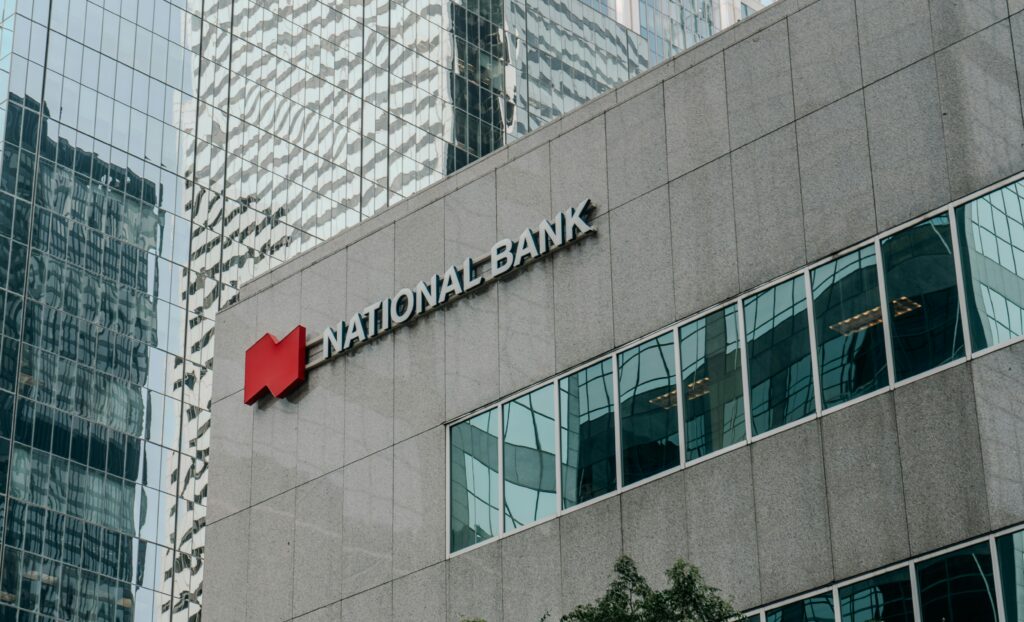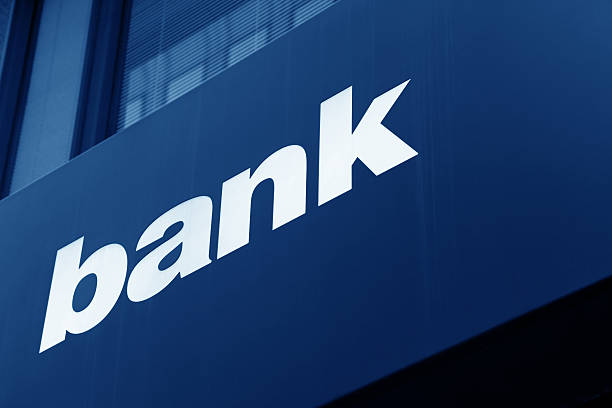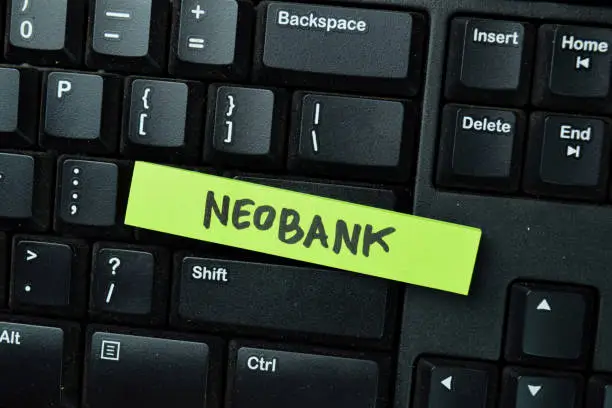The emergence of fintech firms and startups over the last ten years has brought about a significant transformation in the financial industry. These cutting-edge companies make banking, investing, and money management quicker, easier, and more accessible by fusing technology and financial services. Fintech is transforming the way we deal with money, from online financing to mobile payments. Let’s examine some of the main fintech startups and firms driving this change.

Explaining Fintech
Let’s first define fintech before delving into the firms. “Financial technology” is what fintech stands for. It describes businesses that enhance financial services including banking, investing, payments, and more via the use of technology. Fintech firms seek to resolve issues, simplify financial procedures, and even develop novel business models.
Top Fintech companies
The top fintech businesses in the sector are listed below.
- PayPal
Regarding electronic payments, PayPal is a well-known brand. This behemoth, which was founded in 1998, enabled safe online money transfers. PayPal also owns the well-known peer-to-peer payment software Venmo. PayPal is one of the most significant fintech businesses today, handling billions of transactions worldwide.
- Square
Using a small card reader that was mounted on phones, Square, which Jack Dorsey co-founded, initially assisted small companies in accepting card payments. With time, Square added e-commerce, loans, and payroll to its list of offerings. Another well-liked product that enables users to send money, purchase Bitcoin, and invest in equities is its Cash App.
- Stripe
One popular option for internet companies is Stripe. It offers resources to assist businesses in creating unique payment systems and accepting payments online. Stripe is the technology behind millions of businesses worldwide, from little startups to big behemoths like Amazon.
- Robinhood
In the realm of investment, Robinhood is revolutionary. Users of this program may trade cryptocurrencies, equities, and exchange-traded funds (ETFs) without paying any commissions. Younger generations and those unfamiliar with the stock market were able to invest because of its user-friendly layout.
- Revolut
Leading European fintech company Revolut provides several services, including cryptocurrency trading, global payments, converting currencies, and budgeting applications. This one-stop banking tool is particularly well-liked by tourists who need to handle several currencies with ease.
Top Fintech startups
Fintech startups are just as exciting as established companies. These fresh innovators bring creative ideas to the table and challenge traditional financial systems.
- Chime
Chime is a U.S.-based firm that specializes in fee-free contemporary banking. It has features like automated savings instruments, early pay cheque availability, and no overdraft charges. For those seeking straightforward, easy-to-use financial services, it’s ideal.
- Plaid
Although Plaid isn’t well-known, it runs several well-known apps, like Acorns and Venmo. This business securely links banks and financial applications. For instance, Plaid is probably operating in the background if you connect your checking account to a planning tool.
- Affirm
The way people shop is being altered by Affirm. Customers can divide payments into smaller installments using its “buy now, pay later” (BNPL) alternatives. Online consumers who desire flexibility without using a credit card are drawn to Affirm.
- Nubank
Based in Brazil, Nubank is one of the biggest online banks globally. It offers lending and financial services. Via a mobile application. In Latin America, where traditional monetary services are frequently scarce, Nubank is especially well-liked.
- Brex
Brex offers business credit cards and financial solutions that are specifically designed to meet the demands of startups and small enterprises. It aids businesses in effectively managing cash flow, credit restrictions, and costs.
Popularity of Fintech companies
Fintech companies are thriving because they solve real problems. Here’s why people love them:
- Convenience
You can manage money from your phone or laptop.
- Speed
Transactions and approvals happen faster than in traditional banks.
- Lower Costs
Many fintech services are cheaper or even free.
- Accessibility
People without access to traditional banking can use fintech solutions.
- Innovation
Fintech companies keep creating new tools to make life easier.
The future of Fintech
Fintech appears to have a bright future. These firms will keep coming up with new ideas as technology develops. The upcoming wave of monetary instruments is being shaped by data analytics, blockchain, and artificial intelligence (AI). Imagine more intelligent applications for budgeting, quicker foreign transfers, or even decentralized financial systems that do not require banks!
Financial services are becoming accessible to underprivileged populations worldwide thanks to fintech businesses’ emphasis on sustainability and inclusion.
You may also find these articles helpful
The transaction cost of Filecoin
Advantages and disadvantages of EOS
The transaction cost of Decentraland





